5 Common Fitness Myths That Are Sabotaging Your Gains—and How to Fix Them
Introduction
Have you ever followed common fitness advice, only to see little or no progress? You’re not alone. There are plenty of fitness myths circulating that can actually hinder your progress. Whether it's stretching before a workout, avoiding heavy weights, or chasing the 10,000 steps goal daily, misinformation can lead to wasted time and effort.
In this post, I’m going to debunk these common fitness myths and offer evidence-based insights to help you train smarter. Let’s get to the truth so you can maximize your gains and reach your fitness goals without the unnecessary setbacks.
Myth #1: You Need to Stretch Before You Work Out
For years, I thought static stretching before exercise would prevent injuries and improve performance. However, research suggests otherwise. Static stretching before a workout can actually reduce power and speed, making movements less effective.
How to Fix It:
Instead of static stretches, focus on dynamic movements like leg swings, arm circles, and light jogging. These exercises prepare your muscles for movement without reducing strength or speed.
Myth #2: Heavy Weights Will Bulk You Up
Many people, especially women, avoid lifting heavy weights because they fear bulking up. The truth is, getting “bulky” requires a combination of heavy resistance training, a high-calorie diet, and specific muscle-building protocols.
How to Fix It:
Lifting heavier weights helps build lean muscle, increase metabolism, and improve strength. Don’t be afraid to lift—it’s one of the best ways to sculpt your body while burning calories.
Myth #3: You Need 10,000 Steps a Day to Be Healthy
Most fitness trackers recommend walking 10,000 steps daily, but that number isn’t a magical threshold for health. Research shows that benefits plateau around 7,500 steps, and even walking 4,000 steps daily offers significant health advantages.
How to Fix It:
Instead of focusing strictly on steps, aim for at least 150 minutes of moderate exercise per week. Incorporate a mix of strength training, cardio, and functional movement for optimal results.
Myth #4: Longer Workouts Are More Efficient
Spending hours in the gym doesn’t always translate to better results. In fact, excessively long workouts can lead to overtraining, increased cortisol levels, and even muscle breakdown.
How to Fix It:
Focus on high-intensity, efficient workouts. A well-structured 45-minute session with proper intensity is enough to build muscle and burn fat effectively.
Myth #5: No Pain, No Gain
It's normal to feel discomfort while exercising, but pain isn’t something you should ignore. If you experience sharp or persistent pain, it's a sign something is wrong.
How to Fix It:
Push yourself but listen to your body. If you feel pain, stop, rest, and assess the issue. Proper recovery, stretching, and mobility work can prevent injuries in the long run.
Final Thoughts
These exercise myths can hold you back from achieving your full potential. By debunking fitness myths and applying these science-backed corrections, you can train smarter, avoid injuries, and achieve sustainable results. The key is to prioritize form, intensity, and recovery over outdated fitness advice.
For those looking to support muscle growth and recovery, adding creatine monohydrate to your routine can be a game changer. This well-researched creatine supplement helps improve strength, enhance recovery, and support overall athletic performance.
FAQ
Does cardio increase muscle tone?
Cardio helps with fat loss, which can make muscles look more defined, but strength training is essential for muscle tone.
Can muscle turn into fat?
No, muscle and fat are different tissues. Muscle loss occurs due to inactivity, and fat gain happens due to excessive calorie intake.
What are the benefits of creatine for women?
Creatine helps improve strength, supports lean body mass, and enhances recovery, making it beneficial for both men and women.
Is creatine good for muscle recovery?
Yes, studies show that creatine supplements aid in muscle recovery and reduce soreness after workouts.
How does exercise compare to a bad diet?
Exercise helps with fitness and energy, but diet plays a crucial role in body composition and overall health.
Do cardio machines accurately count calories?
No, most machines overestimate calorie burn since they don’t factor in personal variables like muscle mass, metabolism, and effort levels.
Is lifting weights good for women?
Absolutely! Strength training boosts metabolism, increases bone density, and helps sculpt a strong, toned body.
What is the role of creatine in energy production?
Creatine helps regenerate ATP, the primary energy source for high-intensity activities like weightlifting and sprinting.
Should older adults take creatine?
Yes, creatine monohydrate benefits older adults by supporting muscle preservation, cognitive function, and bone density.
Are longer workouts better?
Not necessarily. Workout quality and intensity matter more than duration.










